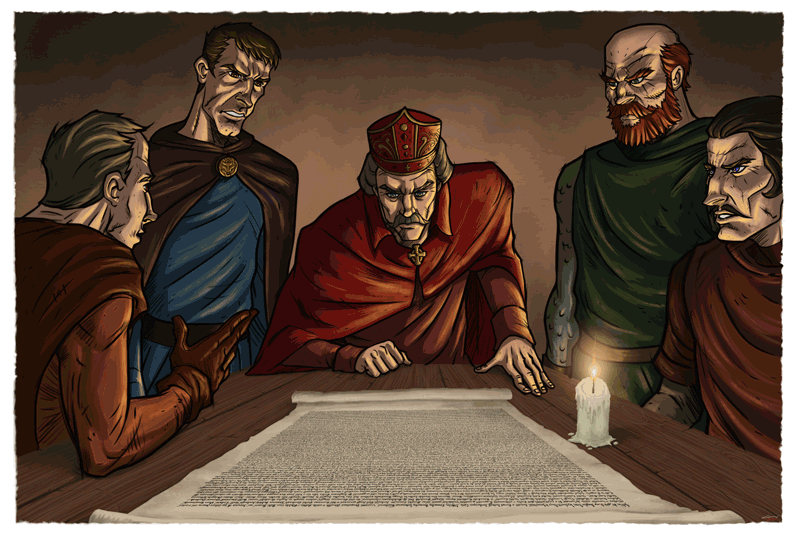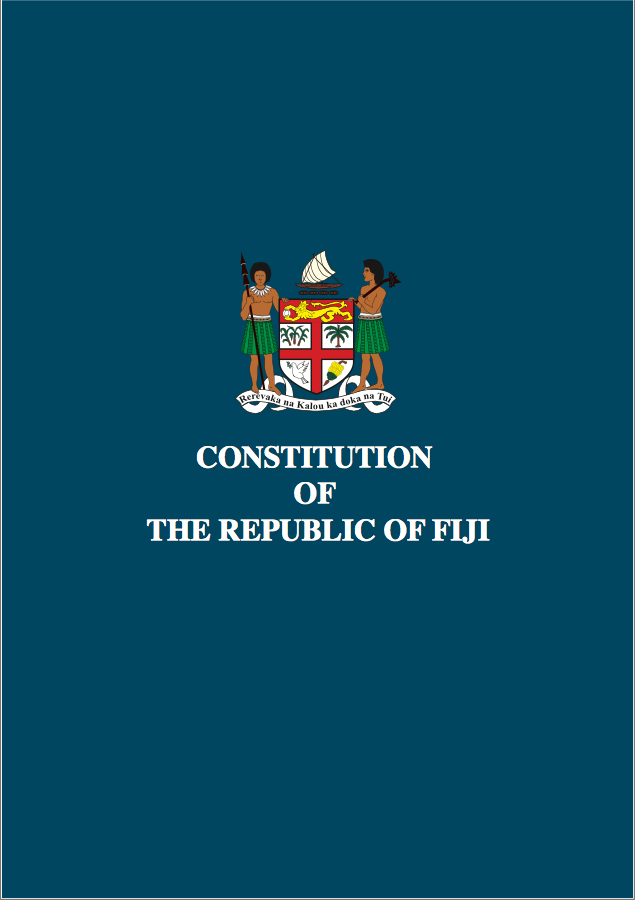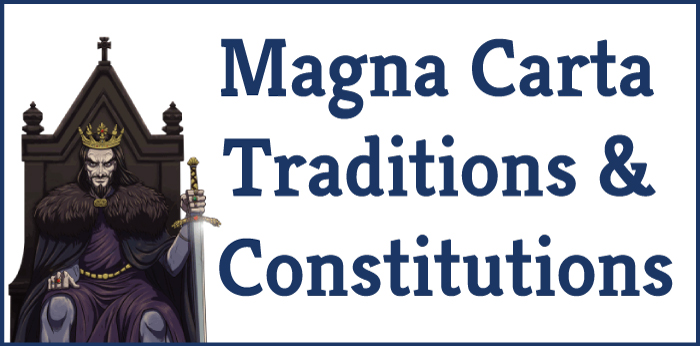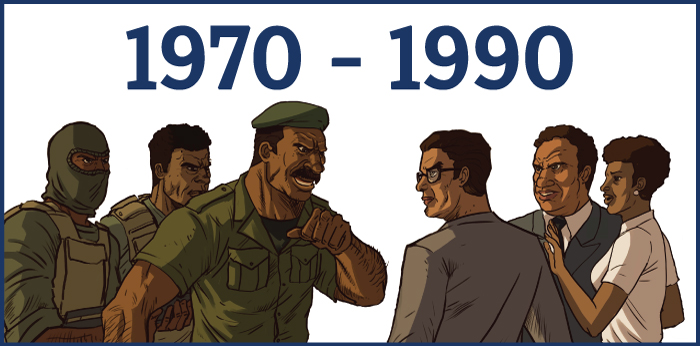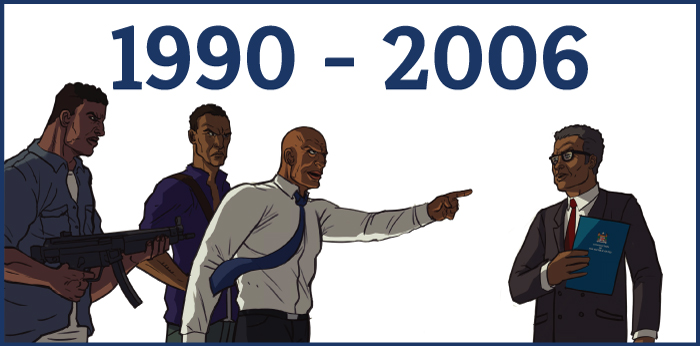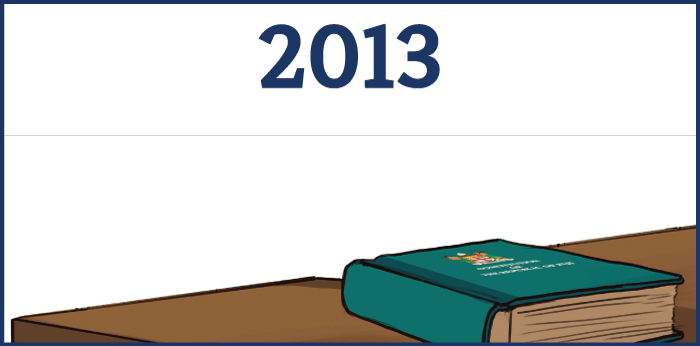The Parliament and the
Constitution in Fiji
Magna Carta: The People and their Rulers
The grant of the Magna Carta in 1215 is regarded as the beginning of the tradition that those in power must have limits and that they should be subject to the law. This tradition has developed over 800 years in England and today is known as the rule of law.
The rule of law tradition includes the process of negotiation that takes place between those in power and those who are subject to that power.
The Magna Carta is both a symbol and a practical example of placing the rule of law at the centre of negotiations between a people and their rulers.
This page discusses some important events in Fiji's journey from a British colony to an independent nation in which it has experienced a great deal of change to the way it is governed.
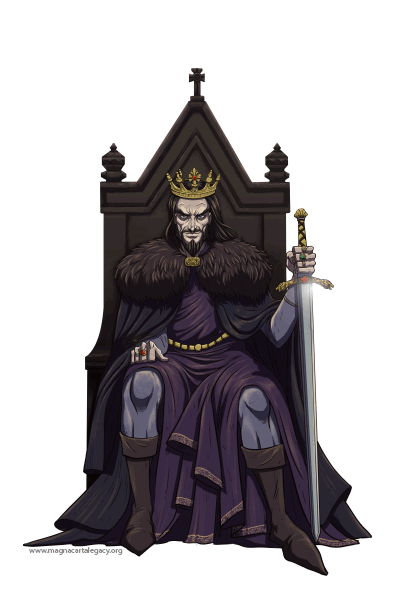
Learn more about the
history of the Magna Carta.
The People and the Parliament in Fiji
The Constitution of Fiji has been changed amid much controversy to deal with tensions within Fijian society. The changes to Fiji's system of government and society have been marked by periods where the Constitution has been suspended and replaced, however, Fiji has returned to constitutional government.
Fiji is a remarkable country to study the negotiation process between people and their rulers. Fiji is a multi-racial society with two main groups: the iTaukei, and Indians (see below for an explanation of the terminology used). Tension and conflict between these two groups has defined Fijian politics since its independence from Britain in 1970.
